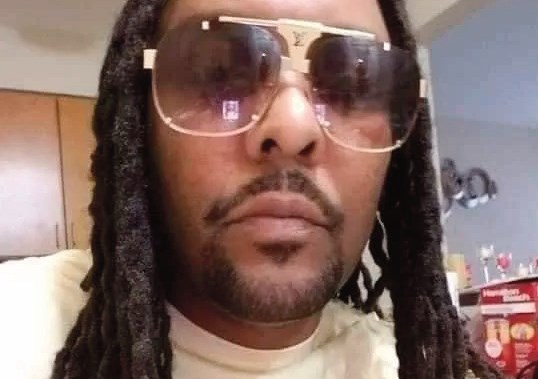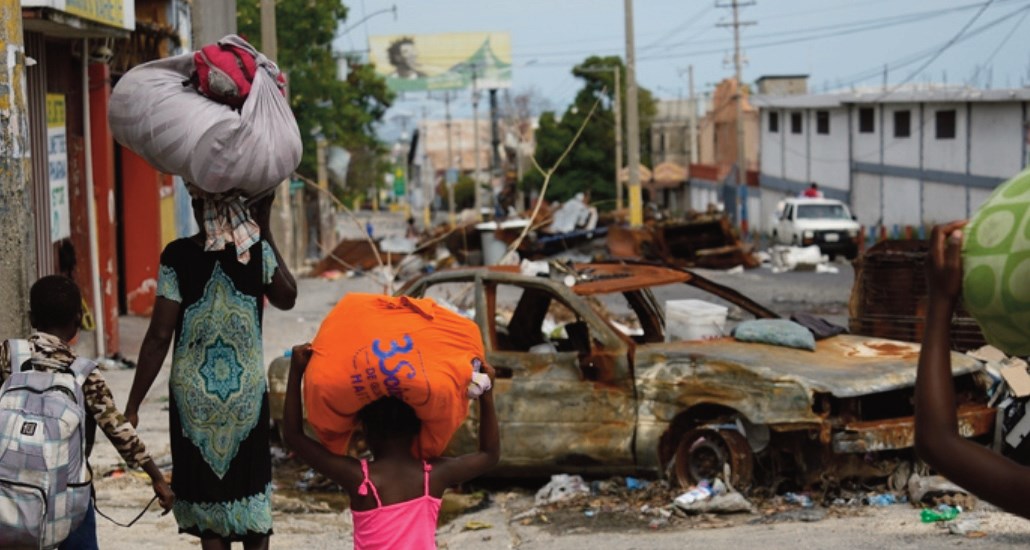 It has become something of a truism that a president serving a second term gets little done. This is especially true when the president is forced to co-exist with a hostile Congress.
It has become something of a truism that a president serving a second term gets little done. This is especially true when the president is forced to co-exist with a hostile Congress.
It should be evident by now, though, that while Mr. Obama is understandably seeking to solidify his accomplishments, notably the landmark Patient Protection and Affordable Care Act – the so-called “Obamacare” health insurance reform – he intends to use the power of his office to do something more: employ executive authority in the service of justice.
Two of those initiatives have to do with a matter that is particularly relevant to African Americans: the wholesale incarceration of young black men, something which experts such as Professor Michelle Alexander of The Ohio State University have correctly identified as a community control mechanism masquerading as criminal justice.
Mr. Obama’s Justice Department has begun looking into ways of avoiding sending non-violent people to federal prison and giving them the criminal stamp for the rest of their lives, something which some local jurisdictions such as the Broward Sheriff’s Office have already implemented.
The department is also poised to provide a break to inmates who were unfairly snagged by unconscionable and patently racist laws that required differing sentences for people arrested with powdered cocaine and those arrested with crack cocaine. The White House has left little doubt that the president is getting ready to use his power to commute sentences or grant pardons to hundreds, if not thousands, of such inmates – and others who may also be in prison serving unjustifiably long sentences.
It won’t be lost on some observers that Mr. Obama and Attorney General Eric Holder, who heads the Department of Justice, are both black. But that reality should not be allowed to cloud the issue. It is a matter of race because the criminal justice system has devolved into a race-based system of control.
But that is where it ends. Regardless of color, justice must be fair and equitable and it is a near certainty that large numbers of those who will benefit from not being hit with unwarranted criminal conviction and those who will benefit from having their sentences commuted will be non-blacks.
Still, the inevitable outcry against such justifiable actions will only grow more shrill in coming days. That is because of the basic foundation on which the penal system has been built – another sore point with Professor Alexander.
The prison industrial system is big business and, therefore, a big player in politics. It can be expected that a lot of the opposition to shutting off the pipeline-to-prison flow will come from those who will see a loss of jobs and revenue, of course, and that is never a good thing for them, even when it comes at the expense of thousands of families, of lives shattered, of young people’s future destroyed before it can be built.
President Obama has also spoken out firmly against the disgraceful efforts of many states, especially those with Republican governors and Legislatures, to reverse hard-won civil rights gains and return the country to an undemocratic past which ended only 50 years ago. This is a justified use of the presidential bully pulpit.
But it is the initiatives which he seems poised to implement to give meaning to the “justice” in “criminal justice” that will be the hallmark of the second term of the Obama presidency.












No Comment